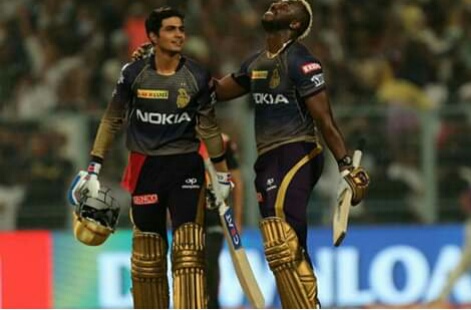Kolkata Knight Riders’ assistant coach Simon Katich admitted that there was tension on the field within their ranks, and said the string of six losses had contributed to the change in dynamics within the group in their disappointing IPL campaign this year.
Two-time champions KKR needed to win against Mumbai Indians on Sunday to qualify for the play-offs, but they slumped to a nine-wicket thrashing to crash out of the T20 tournament.
“There is no doubt and we can’t hide from the fact that there was some tension on the field. That was pretty evident in the last, I guess, few games after we got into a bit of a roll with losses. We have to address that as a group,” Katich said at the post-match press conference.
“What is so important in IPL is the dynamic of the group and, I guess the unity, and that is something KKR is very proud of,” added the former Australian Test batsman. MI first restricted KKR to a meagre 133 for 7 and then knocked off the runs by the 17th over itself with Quinton de Kock (30), skipper Rohit Sharma (55 not out) and Suryakumar Yadav (46) completing the job with aplomb.
“It’s a very successful franchise, something that everyone involved has worked very hard to contribute to over a long period of time. That’s something we have to certainly work on to get better moving forward,” Katich said. “There is no doubt throughout this campaign that the dynamic in our group has certainly changed.”
Katich said the home defeats against Rajasthan Royals and Royal Challengers Bangalore played a key role in their ouster, eventually making their last match against MI a must-win one and that too at Wankhede, where they have a dismal record.
“It’s disappointing. It’s always a tough ask to come to Mumbai where we don’t have a great record. Yes it would have been nice to win and get through. To finish where we did (fifth on the table) – it’s probably what we deserved. We had a great start but fell away badly through that middle phase,” he said.







